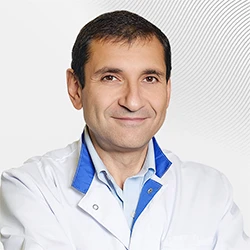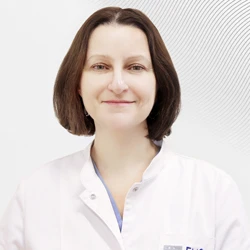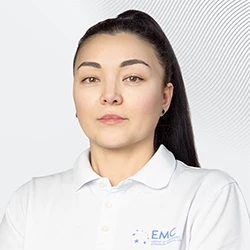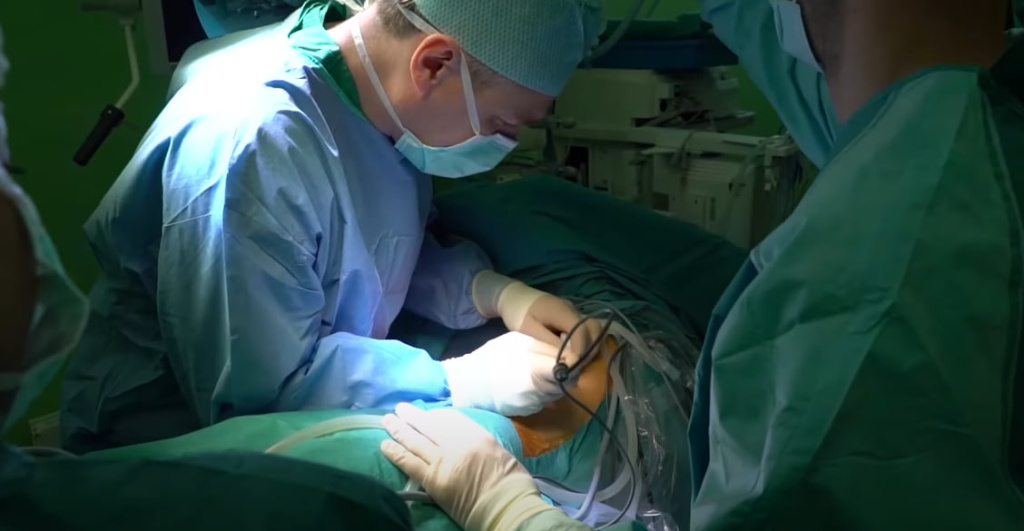
The main sections of surgery
Surgical treatment may be required for diseases of various organs and tissues.
The main sections of surgery:
- General surgery. A general surgeon is a general practitioner who performs operations on the abdominal and thoracic cavities, for example, treats hernias, intestinal obstruction, and appendicitis. In addition, the doctor removes benign skin growths, including purulent ones: abscesses, boils, lipomas, fibroids, ingrown nails, etc. As a rule, it is the general surgeon who conducts the initial admission of patients, performs diagnostics, treatment of wounds and injuries, stopping bleeding, etc.
- Colorectal surgery. Surgical methods in coloproctology are used to treat pathologies that have not been cured by conservative therapy: hemorrhoids, fistulas, anal fissures, rectal prolapse, fecal incontinence, neoplasms, etc.
- Neurosurgery. A branch of medicine that deals with the surgical treatment of diseases of the nervous system. For the success of neurosurgical operations, the most modern diagnostic and treatment tools are needed, as well as the highest qualifications of doctors. The EMC Neurosurgery Center employs world-class specialists. We successfully treat brain and spinal cord tumors, spinal cord injuries, traumatic brain injuries, congenital anomalies of the nervous system, and vascular pathologies of the brain.
- Gynecological surgery. The EMC clinic performs small and large operations for diseases of the reproductive system. We treat endometriosis, uterine fibroids, cysts and ovarian tumors, and restore the anatomical position of the pelvic organs when the uterus and other organs are lowered.
- Thoracic surgery. Doctors of this specialization treat diseases affecting the organs of the chest. Thoracic surgeons often perform operations for neoplasms, including lung cancer, esophageal cancer, and metastasis of oncological diseases of other localization to the lungs. In addition, thoracic surgery treats pathologies such as emphysema, bronchiectasis, tuberculosis, purulent diseases, stenosis, and others.
- Purulent surgery. Specialists in this industry are responsible for long—term non-healing and infected wounds, trophic ulcers, purulent lesions of the skin and subcutaneous tissue, tissue lesions in diabetic foot syndrome, etc.
- Orthopedic surgery. Considers performing operations on ligaments, joints, bones, and muscles in case of traumatic injury or inflammatory processes. The EMC clinic uses an effective minimally invasive arthroscopy method to treat joint diseases. Arthroscopic surgery is performed on any joints: knee, shoulder, ankle, elbow, hip, wrist.
- Vascular surgery. This branch of medicine is engaged in the prevention and treatment of chronic diseases of veins and blood vessels, including aortic aneurysms, lower limb ischemia, diseases of the carotid and other brachiocephalic arteries, vasorenal hypertension, etc.
- Oncological surgery. Surgery is one of the main cancer treatment methods. In oncological surgery, interventions are performed to remove tumors within healthy tissues, remove precancerous growths for preventive purposes, alleviate the condition of patients in the late stages of cancer when the tumor cannot be completely removed, or for diagnosis to determine the nature of the tumor and its stage..
- Plastic surgery. Plastic surgeons are engaged in the elimination of cosmetic defects of the face and body, which may be of congenital origin, or appear as a result of injuries, diseases, previous surgical treatment. EMC clinic doctors use the most modern methods of correcting age-related changes, perform mammoplasty, abdominoplasty, rhinoplasty and other operations.
- Colorectal surgery. Surgical methods in coloproctology are used to treat pathologies that have not been cured by conservative therapy: hemorrhoids, fistulas, anal fissures, rectal prolapse, fecal incontinence, neoplasms, etc.
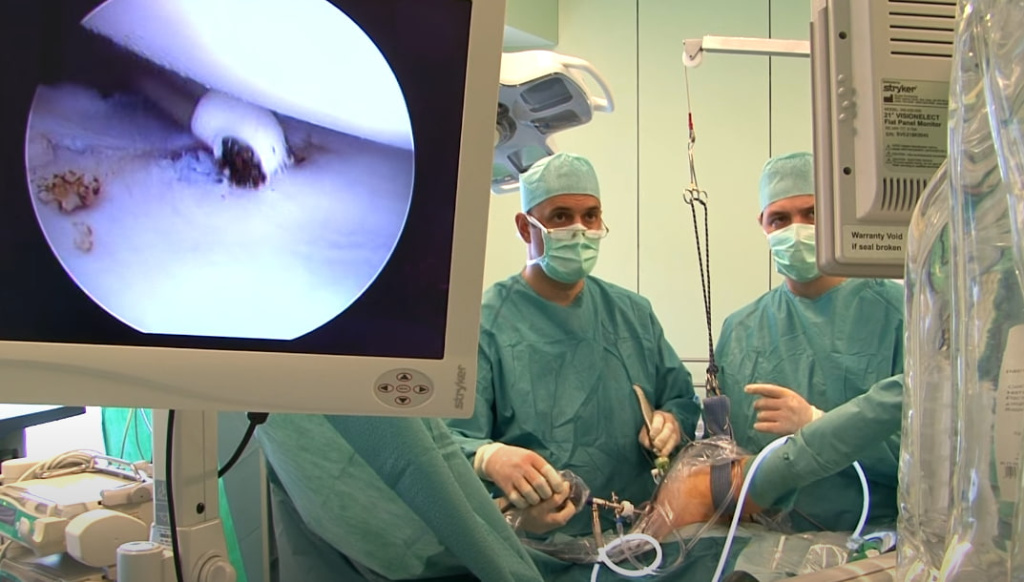
In addition to the main types of surgery, there are a large number of auxiliary surgical disciplines. For example, bariatric surgery is a promising area for the correction of obesity and overweight. There are stomach reduction operations, thanks to which the patient can lose weight effectively, safely and without the risk of regaining excess weight.
Goals of surgical intervention
Depending on the medical situation and indications, surgical intervention can be performed for various purposes:
- Diagnostics. Surgeries are performed to clarify the stage of pathology and diagnosis, if this cannot be achieved using non-invasive diagnostic procedures. A typical example of diagnostic surgery is a biopsy if a malignant neoplasm is suspected. Through a small puncture, the surgeon inserts a biopsy needle into the patient's body, through which he selects tissue particles for cellular analysis. In the EMC clinic, this operation is performed under the supervision of ultrasound, CT and MRI.
- Treatment. Therapeutic surgical intervention can be performed to remove tumors, repair damaged organs or tissues, correct congenital or acquired abnormalities or defects, eliminate infections (for example, when removing appendicitis, abscess, boil, etc.). Medical operations also include transplantation, amputation and other types of surgical intervention.
- Relief of the patient's condition. If it is impossible to achieve a complete cure of the patient using existing methods, palliative treatment is carried out, which helps to reduce severe symptoms (for example, reduce the intensity of pain) and prolong life.
Surgical treatment methods
According to the degree of urgency, the following types of surgical operations are distinguished:
- Emergency. They are carried out immediately due to the threat to the patient's health and life. As an emergency, the patient is operated in case of acute appendicitis, peritonitis, acute intestinal obstruction, paraproctitis, gastrointestinal bleeding, injuries, infected wounds, etc.
- Urgent. They are prescribed when surgical intervention can be postponed for a short period of time to clarify the diagnosis and examination.
- Planned ones. Surgeries are scheduled for conditions that do not pose an immediate threat to the patient's life, so there is an opportunity to conduct a full examination and thorough preparation before surgery.
In addition, there are special types of operations:
- Microsurgical. They are performed under magnification of 3-40 times using a special microscope or magnifying glass, as well as microsurgical instruments.
- Endoscopic (laparoscopic or thoracoscopic). They are carried out through the natural openings of the body, small incisions or punctures in a closed manner, under the control of a video probe.
- Endovascular. They are performed on blood vessels by percutaneous access under the control of radiation imaging methods (radiography).
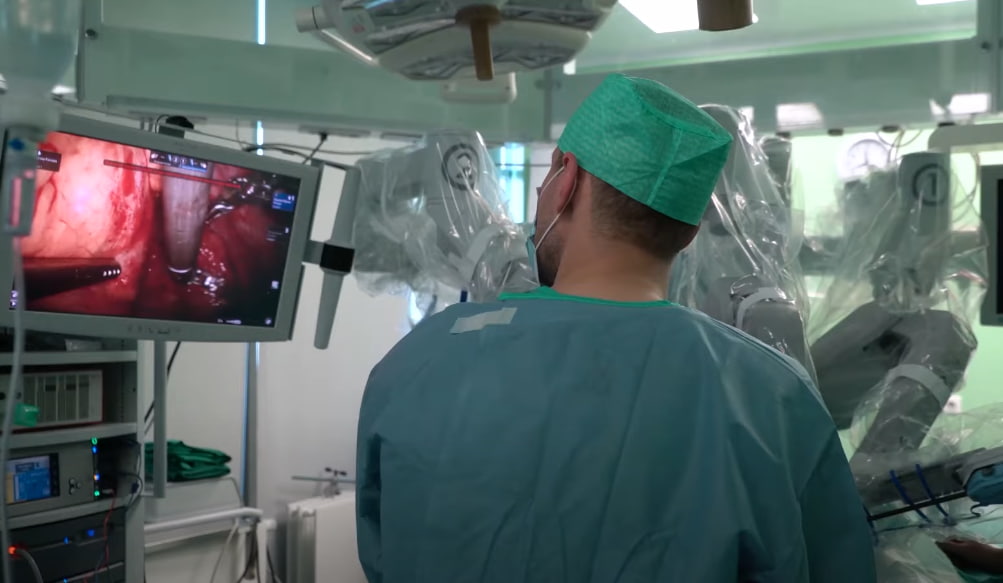
In what cases is it necessary to consult a surgeon
Referral to a surgeon is given by a general practitioner, pediatrician or general practitioner, or a specialist doctor who has discovered a pathology requiring surgical treatment.
A surgeon should also be consulted in the following cases:
-
soreness during movement, limited mobility, pain, swelling, redness of joints;
-
injuries to bones, joints, and soft tissues;
-
intestinal pathology (after consultation with a gastroenterologist or proctologist);
-
dermatological problems and injuries that are accompanied by inflammation or infection (boils, abscesses, ulcers, burns, wounds, bites, etc.);
-
congenital pathologies or aesthetic defects;
-
acute pains of unknown origin.
You can make an appointment for a consultation with an EMC clinic surgeon online or by phone +7 495 933-66-55.
Questions and answers
.webp)

















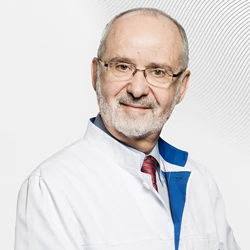

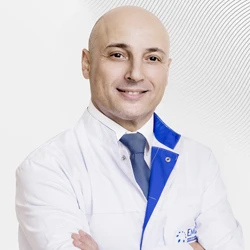

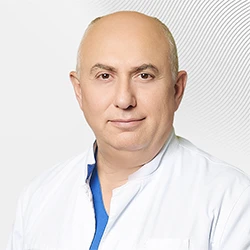
.webp)

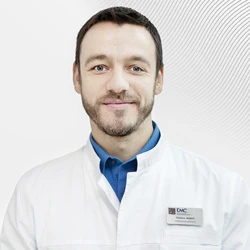




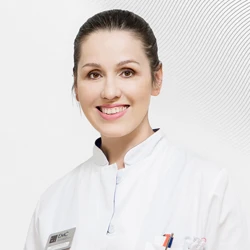

.webp)

.webp)
